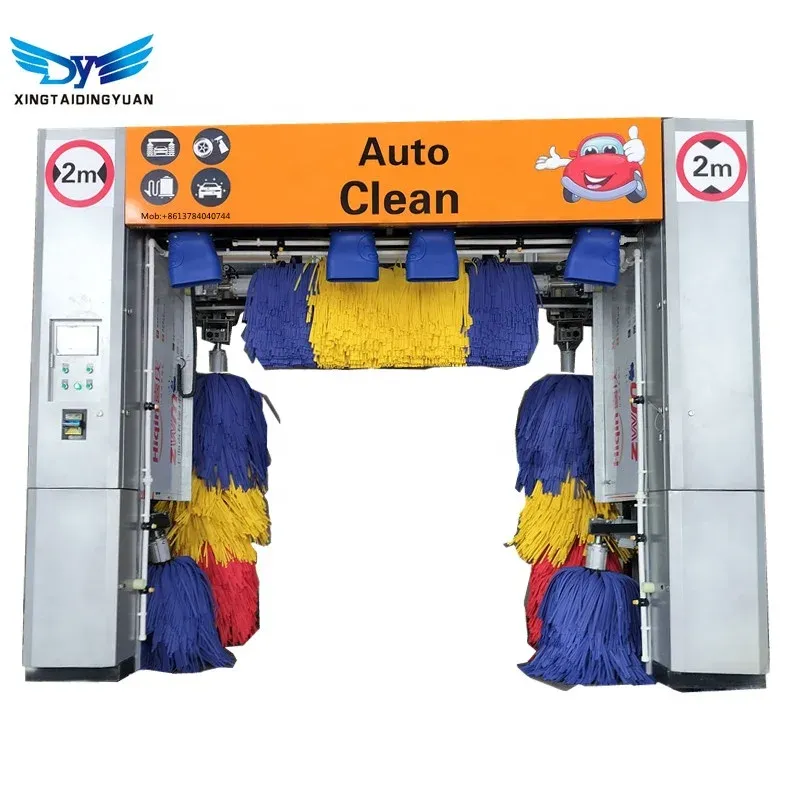
- Afrikaans
- Albanian
- Amharic
- Arabic
- Armenian
- Azerbaijani
- Basque
- Belarusian
- Bengali
- Bosnian
- Bulgarian
- Catalan
- Cebuano
- Corsican
- Croatian
- Czech
- Danish
- Dutch
- English
- Esperanto
- Estonian
- Finnish
- French
- Frisian
- Galician
- Georgian
- German
- Greek
- Gujarati
- Haitian Creole
- hausa
- hawaiian
- Hebrew
- Hindi
- Miao
- Hungarian
- Icelandic
- igbo
- Indonesian
- irish
- Italian
- Japanese
- Javanese
- Kannada
- kazakh
- Khmer
- Rwandese
- Korean
- Kurdish
- Kyrgyz
- Lao
- Latin
- Latvian
- Lithuanian
- Luxembourgish
- Macedonian
- Malgashi
- Malay
- Malayalam
- Maltese
- Maori
- Marathi
- Mongolian
- Myanmar
- Nepali
- Norwegian
- Norwegian
- Occitan
- Pashto
- Persian
- Polish
- Portuguese
- Punjabi
- Romanian
- Russian
- Samoan
- Scottish Gaelic
- Serbian
- Sesotho
- Shona
- Sindhi
- Sinhala
- Slovak
- Slovenian
- Somali
- Spanish
- Sundanese
- Swahili
- Swedish
- Tagalog
- Tajik
- Tamil
- Tatar
- Telugu
- Thai
- Turkish
- Turkmen
- Ukrainian
- Urdu
- Uighur
- Uzbek
- Vietnamese
- Welsh
- Bantu
- Yiddish
- Yoruba
Innovative Solutions for Efficient Automated Vehicle Cleaning Systems
Automated Car Wash Systems Revolutionizing Vehicle Care
In today's fast-paced world, maintaining the cleanliness and appearance of vehicles has become a priority for many car owners. Automated car wash systems have revolutionized the way we approach vehicle maintenance, providing efficiency and effectiveness that traditional washing methods often lack. These systems utilize advanced technology to offer a variety of cleaning options, catering to the needs of both individual consumers and commercial car fleets.
Automated car wash systems come in various forms, including tunnel washes, touchless washes, and roll-over models. Tunnel washes, which are perhaps the most recognizable, involve a conveyor belt that transports vehicles through a series of washing and drying stages. As the vehicle moves through the tunnel, it is subjected to high-pressure water jets, foaming soap, and soft cloths that meticulously clean every surface. The entire process can take as little as three to five minutes, making it an ideal option for customers looking for a quick yet thorough wash.
Touchless car washes, on the other hand, utilize high-pressure water and specialized detergents without any physical contact with the vehicle's surface. This method minimizes the risk of scratches or damage, making it a popular choice among car enthusiasts who want to preserve their vehicle's finish. While touchless systems can be slightly less effective at removing stubborn grime compared to traditional methods, advancements in cleaning technology have significantly improved their performance.
automated car wash systems

Roll-over car washes are another automated option, featuring a fixed washing apparatus that moves over a stationary vehicle. This type of system is often found in gas stations or convenience stores, providing an accessible and efficient way for customers to clean their cars while refueling. Although roll-over models might not be as thorough as tunnel washes, their convenience keeps them in high demand.
One of the key advantages of automated car wash systems is their environmental impact. Many modern car washes are designed with water recycling systems that significantly reduce water usage compared to home washing. A typical home car wash can waste up to 100 gallons of water, while an automated system can use as little as 15 to 30 gallons per wash. Additionally, these facilities often use eco-friendly cleaning agents, further lessening their environmental footprint.
The growth of automated car wash systems is also fueled by the increasing demand for convenience among consumers. With busy lifestyles and limited time, many car owners prefer to rely on machines rather than undertaking the labor-intensive process of hand washing. This trend has led to increased investment in technologically advanced car wash systems, ensuring improved service speed, quality, and customer satisfaction.
In conclusion, automated car wash systems have transformed the way we care for our vehicles. Their speed, efficiency, and environmental benefits make them an attractive option for both consumers and businesses. As technology continues to advance, we can expect even more innovative solutions to emerge in the car wash industry, making vehicle maintenance easier and more sustainable than ever before. Embracing these systems not only saves time but also contributes to the overall care and longevity of our beloved cars.
-
Xingtai Dingyuan Carwash Equipment Supplier StoryNewsAug.24,2025
-
Xingtai Dingyuan Car Wash Manufacturers StoryNewsAug.24,2025
-
Wholesaler’s Choice DY-QC-9 Tunnel Car Washing MachineNewsAug.24,2025
-
The Efficient Solution For Sourcing Commercial Car Washing MachinesNewsAug.24,2025
-
DY-QC-5 Automatic Car Washing Machine Dingyuan IntelligentNewsAug.24,2025
-
DY-QC-5 Automatic Car Washing Machine For WholesalersNewsAug.24,2025



